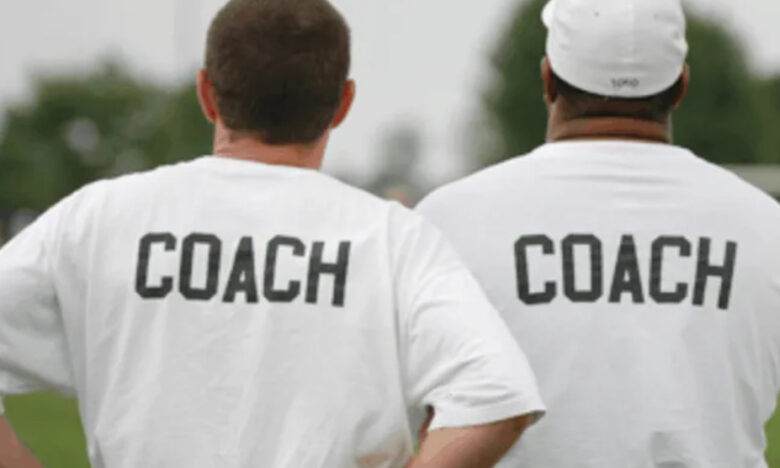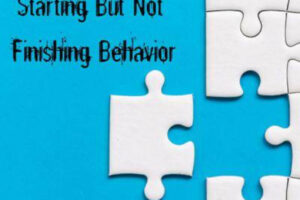Step Up Your Game, Coach: Leading by Example
Years ago, I had the privilege of coaching and serving as the Director of Athletics at a high school in Hartford, CT. Man, I loved the job, but let’s be real: I didn’t love every part of it. Being a coach isn’t just about calling plays or running drills; it’s about showing up, day in and day out, as the best version of yourself. As a coach, I tried to lead by example. I showed my players how to act—I didn’t just tell them. I hit the gym daily, I watched what I ate, especially when I was in front of my athletes. I tried to be the coach I wish I had when I was growing up. But when I looked around at some of my peers, it was a different story. A lot of coaches were eating fast food on the go, skipping workouts, and acting more like the kids they were supposed to be leading than actual role models. If you’re reading this as a coach, you might get offended, but that’s a you problem. It’s time to step up your game.
Why Being in Shape Matters as a Coach
Let’s talk facts: if you’re coaching but you’re out of shape, how are your athletes supposed to respect you? I know that might sting, but it’s the truth. You can’t expect your players to take you seriously if you’re out here huffing and puffing just walking up the bleachers. You’re telling your team to push harder, run faster, be disciplined—and you can’t even keep up yourself. I’m not saying you gotta look like an Olympic athlete, but you better be out there showing some effort. Being a coach means being an example. You can’t preach about work ethic and discipline if you’re not living it. If you’re overweight, not taking care of yourself, and letting yourself go, what kind of message does that send? The hard truth is, it’s a respect thing. You lose credibility, plain and simple. Your athletes watch everything you do. If they see you slacking, why wouldn’t they do the same? Your shape is a reflection of your dedication, not just to yourself but to the whole team. Step it up.
Role Modeling On and Off the Field
Being a coach isn’t just about what you do in front of your athletes—it’s about what you do when they’re not watching too. You’re a role model 24/7. These kids look up to you; some of them might not have anyone else to look up to. So, if you’re acting a fool, cussing out referees, or talking trash about other teams, guess what? They’re going to think that’s how they’re supposed to act. You’ve got to show them what real leadership looks like. It’s about being respectful, holding yourself accountable, and maintaining your composure even when things get tough. Your actions, both on and off the field, set the tone for your entire team. You can’t turn it on and off like a light switch. Consistency is key. Show them how to be better athletes, but more importantly, show them how to be better people.
Modeling Good Eating Habits
Let’s be real: the eating habits of most coaches are trash. I’ve seen it firsthand—grabbing fast food between games, chugging down energy drinks, eating junk food on the sidelines. What message are you sending? Food is fuel, and if you’re feeding your body garbage, that’s what you’re going to get out of it. Your athletes are watching you, whether you realize it or not. If you’re serious about their performance, start by modeling good eating habits. Eat clean, hydrate, and show them how to take care of their bodies. Stop feeding them empty speeches about nutrition when you’re not living it yourself. If you want them to eat better, you’ve got to lead by example. Grab a salad instead of that greasy burger. Drink water instead of soda. It’s not about being perfect—it’s about making better choices and showing them that it’s possible.
More Powerful to Be a Good Person Than a Great Athlete
At the end of the day, coaching is about more than just winning games and building athletes—it’s about building people. It’s cool to have a squad full of star players, but what good is it if they’re disrespectful, selfish, or lacking character? You’ve got to teach your athletes that it’s more powerful to be a good person than just a great athlete. Being kind, showing respect, working hard, and lifting others up—these are the lessons that stick. When the game ends, the records fade, and the trophies collect dust, it’s the kind of person you’ve helped shape that matters most. So, coaches, step up. Show your athletes what it means to be a leader, both on and off the field. Teach them that greatness isn’t just about how they play but how they live.
Coaching is a privilege. Don’t waste it. Be the coach they’ll remember not just because you taught them the game, but because you taught them how to be better humans. That’s the real win.





